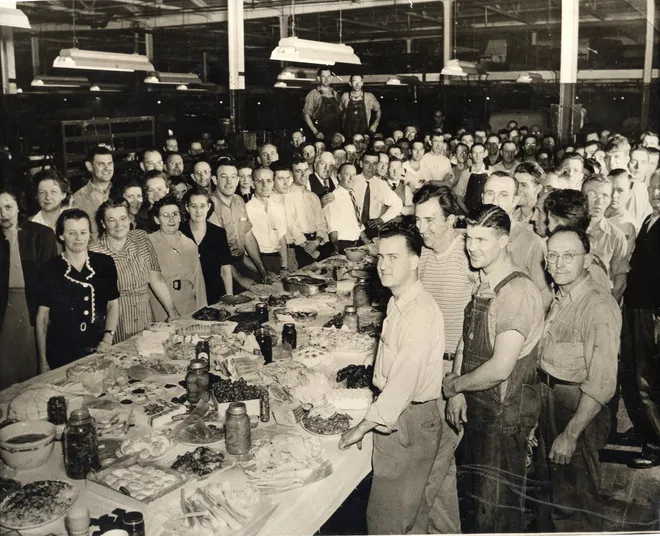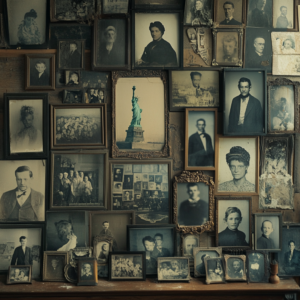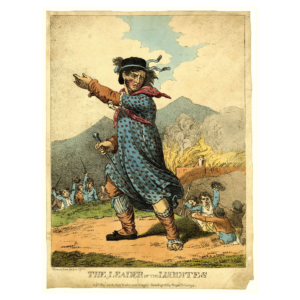
For those interested in the field of Industrial-Organizational Psychology, we highly recommend the paperback Becoming an Industrial-Organizational Psychologist by Dennis Doverspike.
Quotes and Takeaways from Katzell, Austin 1992 highly influential APA Journal Article From then to now: The development of industrial-organizational psychology in the United States.
World War II marked a pivotal moment in history that not only reshaped the geopolitical landscape but also triggered a profound transformation in various disciplines, including psychology. One significant domain profoundly impacted by the war was industrial and organizational psychology (I/O psychology). The influential contributions of psychologists like Bingham, played a key role in developing new systems for job selection, classification, training, performance review, and fostering team development, morale change, and attitude change.
Bingham’s Role in the War Department
The wartime demand for efficient military operations and the need to maximize human potential in the armed forces led to the expansion of industrial psychology. The War Department, now the Department of Defense, recognized the importance of psychological principles in enhancing the effectiveness of its personnel. In this context, Bingham was appointed as the chief psychologist for the War Department, a role that propelled the growth of industrial psychology.
System Development in Job Selection and Classification:
Bingham’s pioneering efforts focused on creating innovative systems for job selection and classification. The sheer scale of the war effort required a meticulous approach to match individuals with roles that best suited their skills and aptitudes. Psychometric assessments, intelligence tests, and personality inventories became essential tools in identifying the right candidates for specific military roles, ensuring a more efficient allocation of human resources.
Training and Performance Review
World War II underscored the necessity of effective training programs to equip soldiers with the skills required for diverse and complex tasks. Bingham, along with other industrial psychologists, developed training methodologies rooted in psychological principles. This marked a departure from traditional training methods and paved the way for more systematic and tailored approaches, optimizing the learning experience for military personnel. Additionally, Bingham’s work extended to performance review systems, ensuring that evaluations were not only objective but also aligned with the evolving demands of wartime duties.
Team Development and Morale Change
Recognizing the importance of cohesive and high-performing teams in wartime scenarios, industrial psychologists like Bingham delved into the dynamics of team development. Psychological principles were applied to enhance collaboration, communication, and overall team effectiveness. Moreover, the psychological impact of the war on soldiers’ morale became a critical focus. Bingham’s interventions aimed at boosting morale and fostering a positive attitude among military personnel contributed significantly to the overall success of wartime operations. Not only were soldiers experiencing severe PTSD symptoms, but war-time industrial workers in many verticals had also been through harsh conditions and long hours. Bingham’s new advancements in team dynamics holds an immense amount of influence still today in industrial settings.
Attitude Change and Psychological Warfare
The war also marked the emergence of psychological warfare, where the understanding of human behavior became a powerful tool in influencing enemy forces. Bingham’s expertise in attitude change played a crucial role in shaping psychological warfare strategies. Psychological operations were designed not only to demoralize the enemy but also to bolster the morale of Allied forces, showcasing the versatile applications of industrial psychology in the wartime context.
Legacy and Continued Impact
The expansion of industrial and organizational psychology during World War II had a lasting impact on the discipline. The wartime experiences and innovations laid the foundation for continued growth and development in the post-war era. As industries and organizations recognized the value of psychological principles in optimizing human performance, I/O psychology evolved into a distinct and influential field with applications extending beyond the military.
World War II acted as a catalyst for the expansion of industrial and organizational psychology, with figures like Bingham at the forefront of innovative developments. The war’s demands on personnel selection, training, team dynamics, morale, and attitude change prompted a paradigm shift in the application of psychological principles. The legacy of this transformative period continues to shape I/O psychology, emphasizing its critical role in enhancing organizational effectiveness and human performance across diverse domains.





